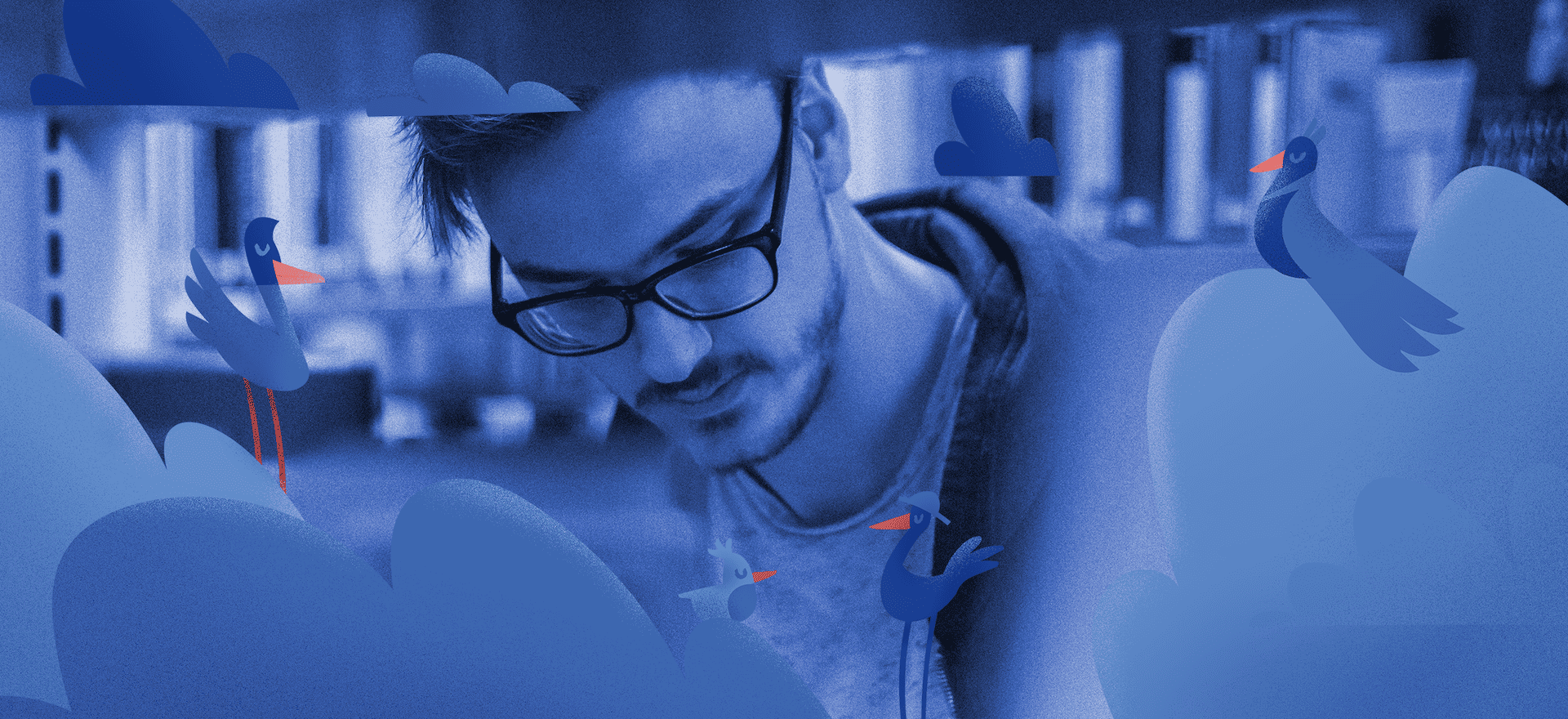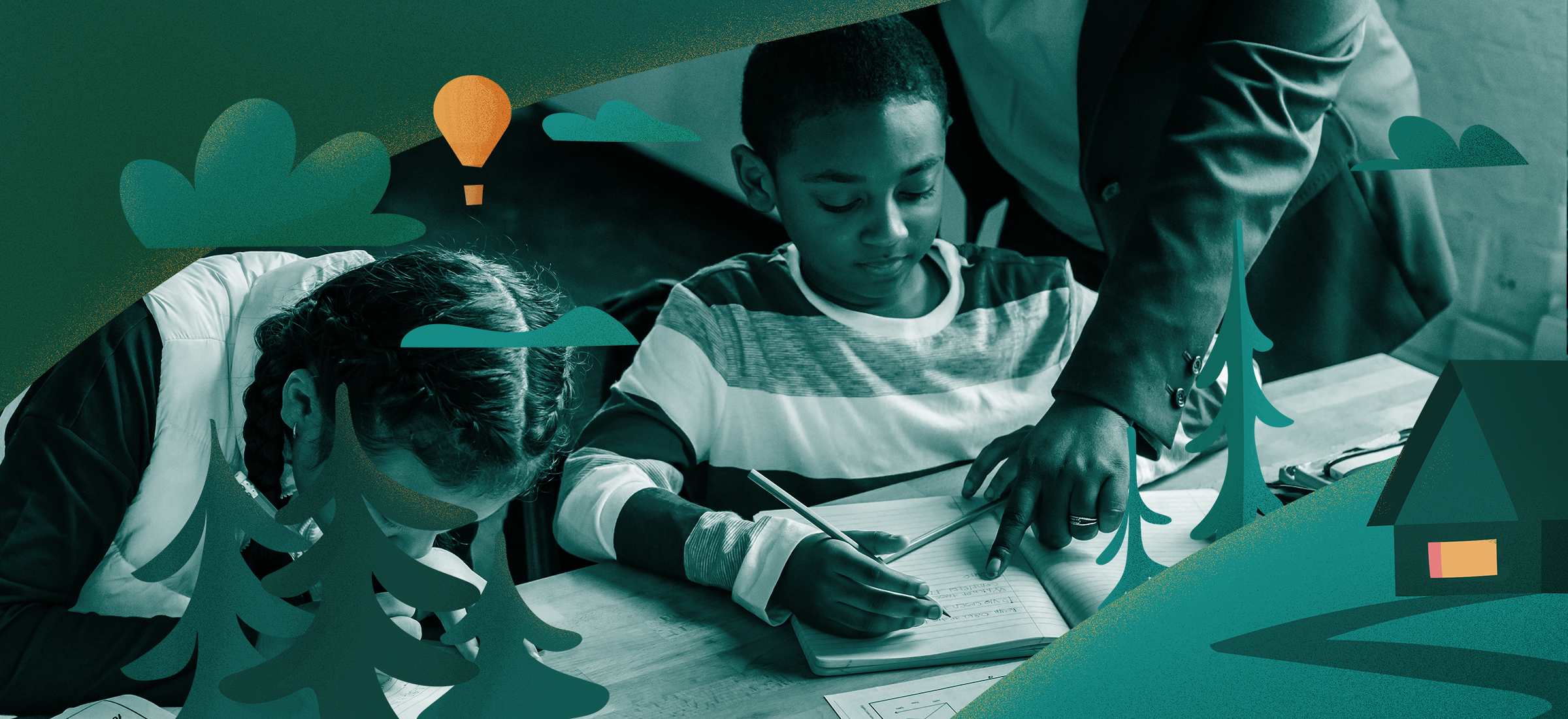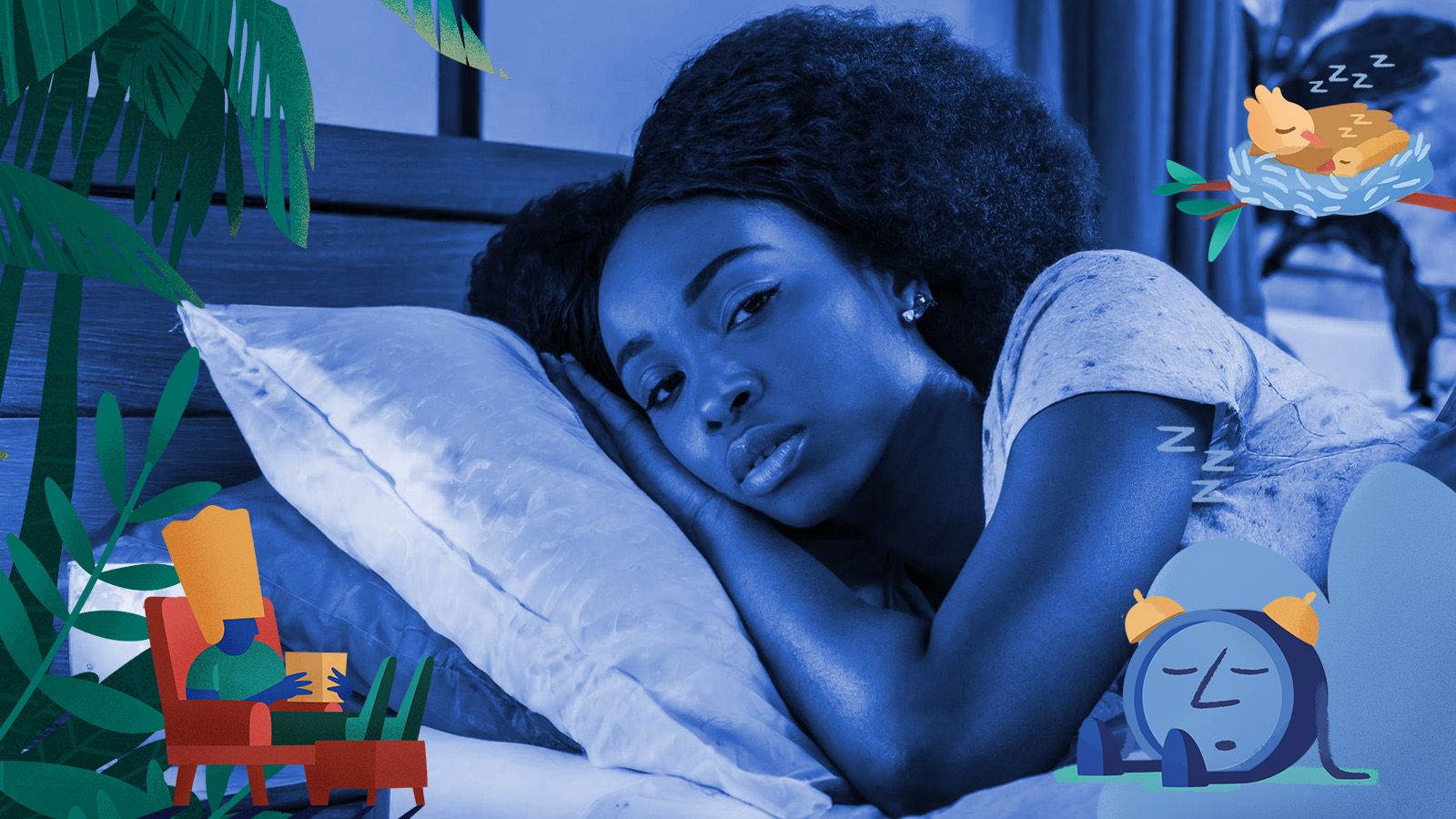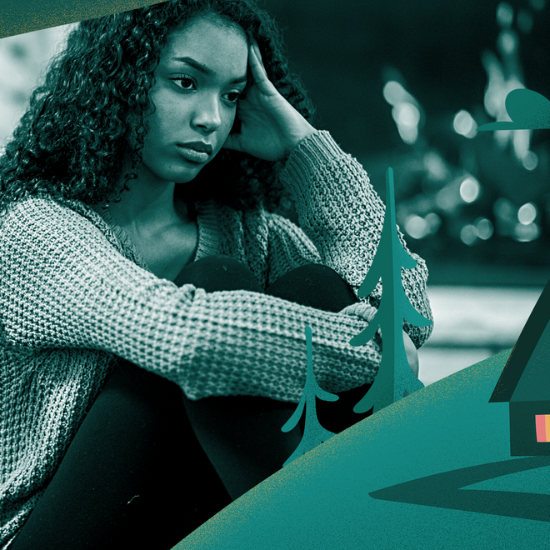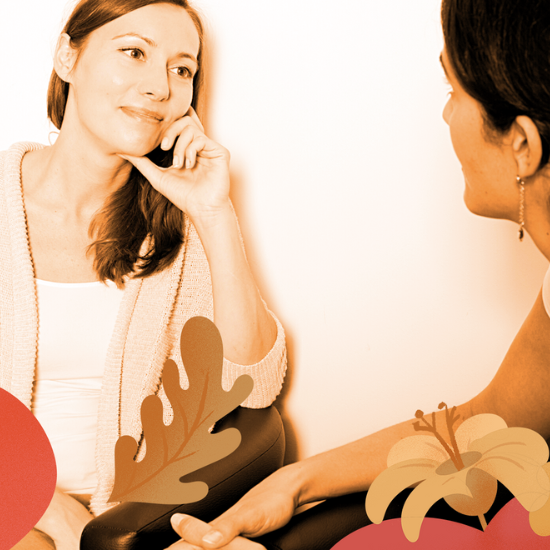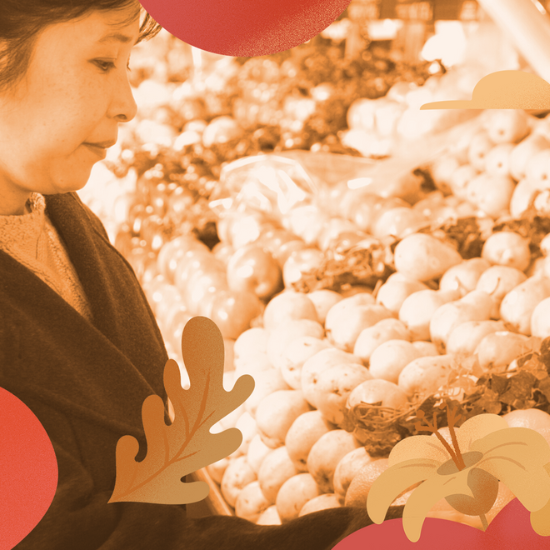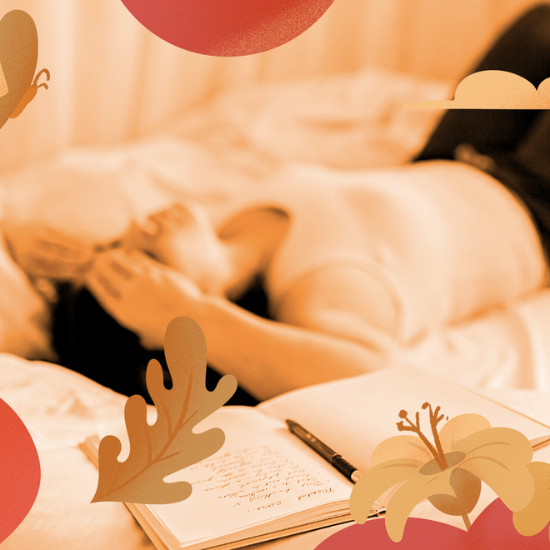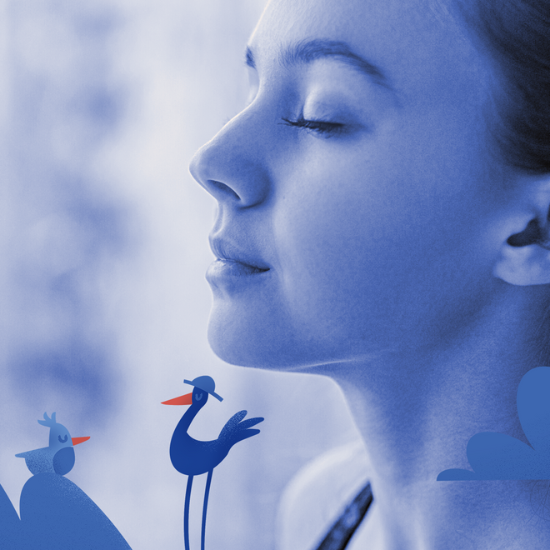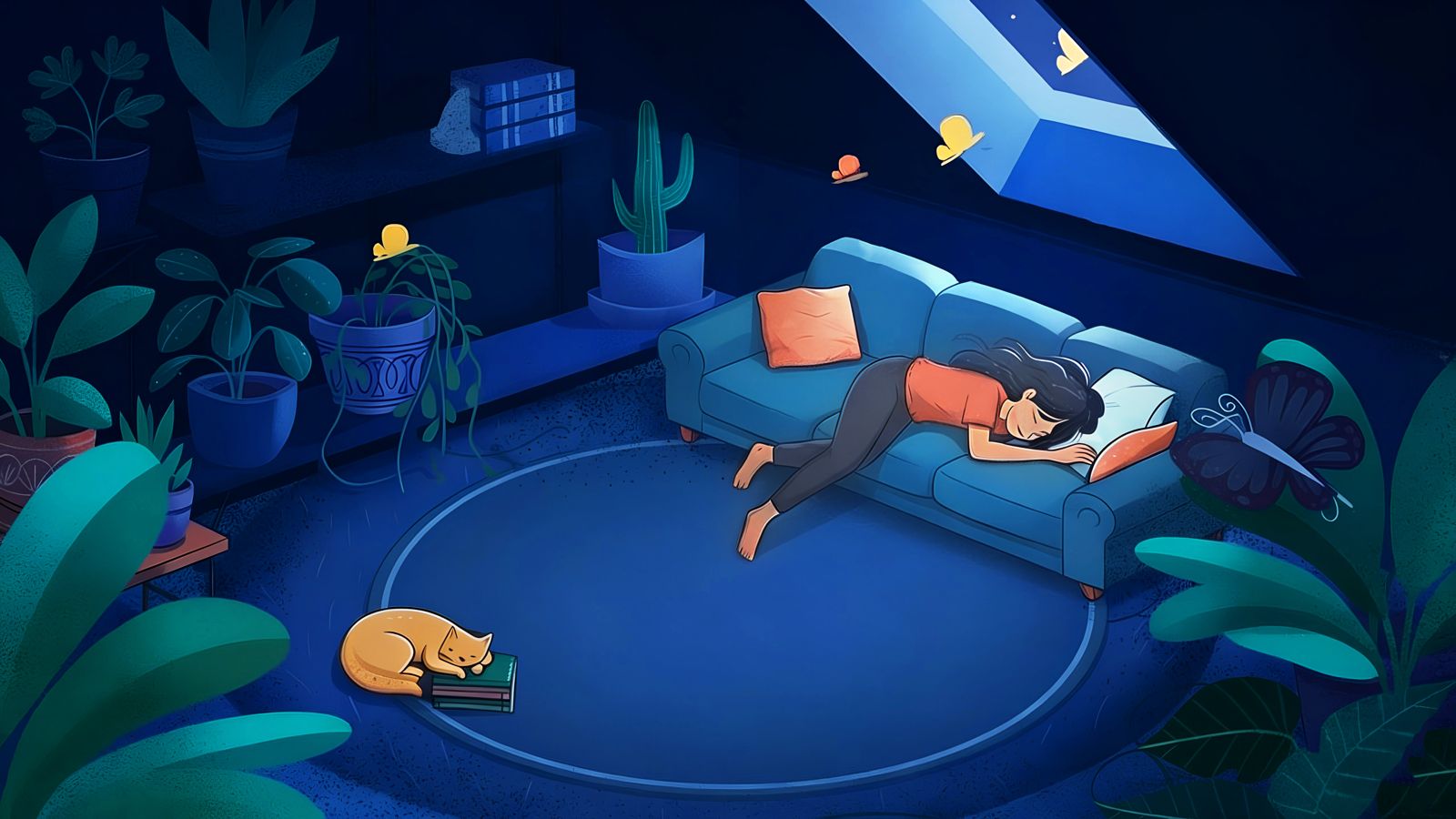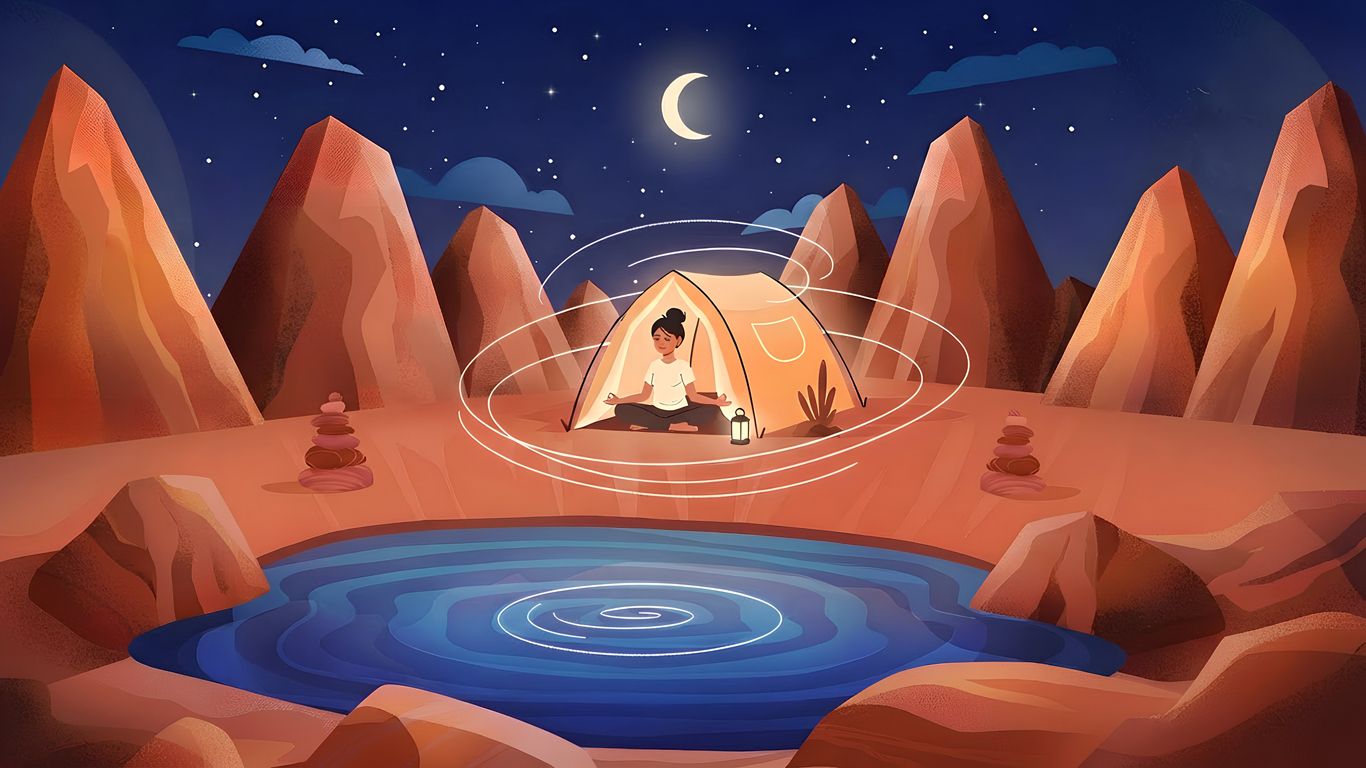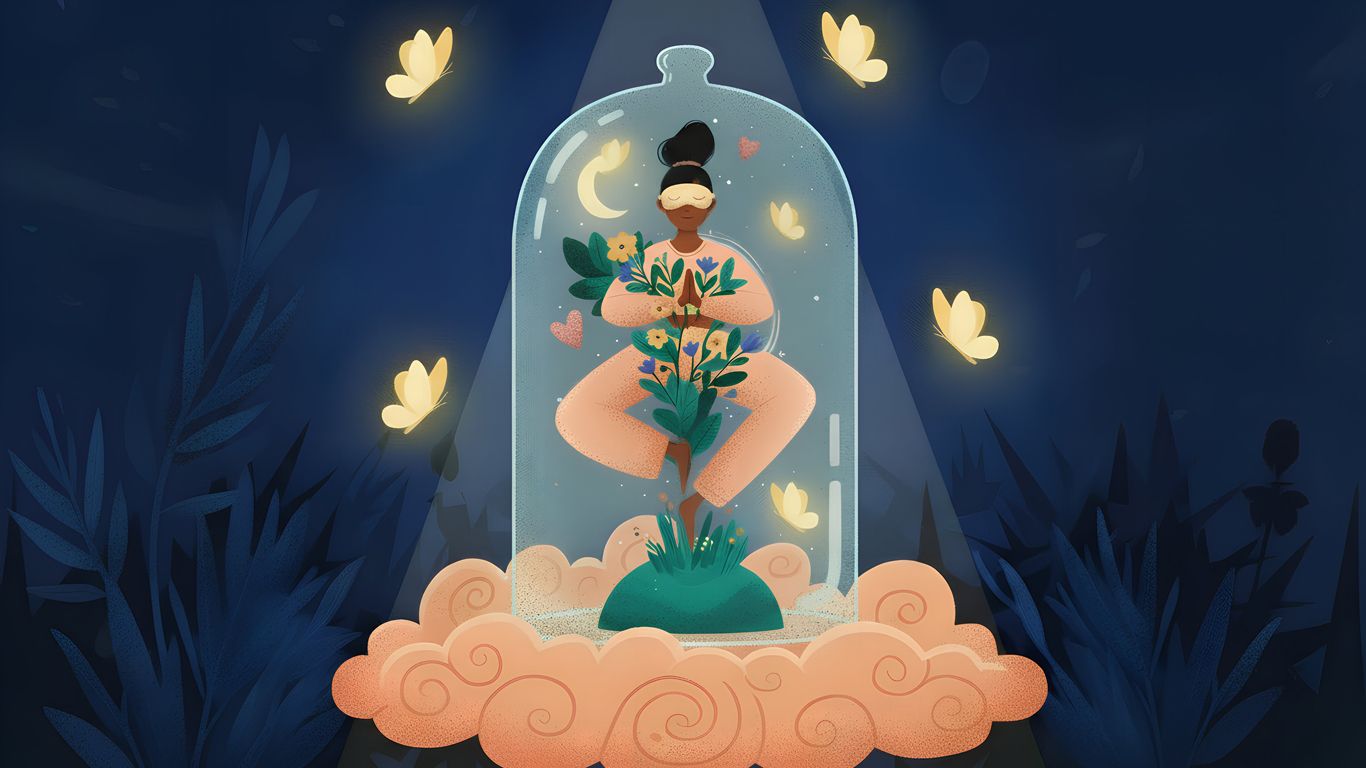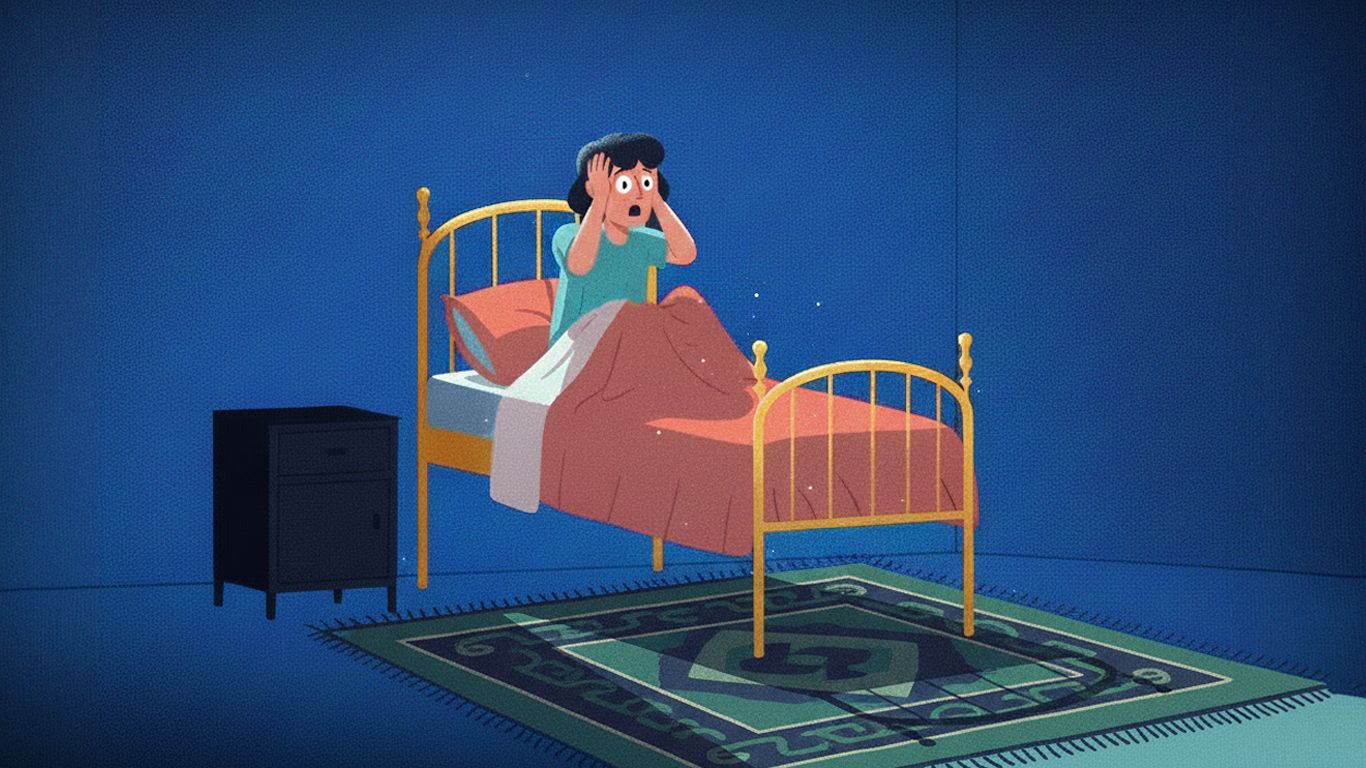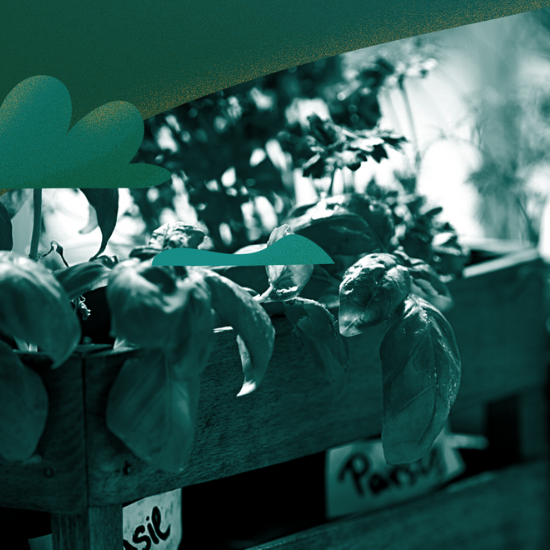
Best Herbal Remedies for Anxiety Disorders
Stress and anxiety are common for many people and are triggered for different reasons. A few causes include work deadlines, facing failure, breaking up with a partner, taking a test, meeting new people, or having to give a work presentation.
Often, a small amount of anxiety can be a positive thing, motivating you to get prepared and be the best you can be. It also helps you stay alert to the possibility of potential danger.
However, for many people, anxiety lives with them every day, for months and years on end. When anxiety is experienced frequently, it becomes a problem and can interfere with the quality of life.
Anxiety disorders like generalized anxiety disorder, panic attacks, or phobias can cause an unrealistic amount of anxiety. This causes stress levels to be permanently elevated, blood pressure to be heightened, and can lead to muscle tension and difficulty sleeping.
Luckily, anxiety disorders are treatable. Many seek treatment from their doctor with medication and others are able to alleviate anxiety with herbal remedies.
What Are Anxiety Disorders?
An anxiety disorder is classified as having frequent, intense, and excessive amounts of worry and anxiety about everyday situations. Often, this huge surge of stress and anxiety can lead to panic attacks.
With time, this continuous stress can lead to your quality of life suffering. While the stress level is out of proportion to the actual danger, in your head it feels very real and can become overwhelming.
You may start to avoid people or places that cause these feelings, leading to your work and social life suffering. Common anxiety disorders are generalized anxiety disorder and social anxiety.
Anxiety disorders often start at a young age and can result from trauma or a situation that has not yet been dealt with.
The five major types of anxiety disorders include:
- Panic disorder. This causes repeated and unexpected episodes of intense fear. Physical symptoms may also be present such as dizziness, heart palpitations, chest pain, shortness of breath, and stomach upset.
- Generalized anxiety disorder (GAD). GAD is the feeling of extreme tension and worry, even if there is little to cause it.
- Obsessive-compulsive disorder (OCD). This is characterized by repetitive behaviors and unwanted thoughts (obsessions) around one thing. This might be hand washing, cleaning, counting, or checking something. The repetitive action only brings about temporary relief before the stress increases and the cycle begins again.
- Post-traumatic stress disorder (PTSD). This often happens after someone experiences a terrifying ordeal or trauma. Common situations for someone suffering from PTSD include military combat, abuse, a natural disaster, or a violent assault.
- Social phobia or social anxiety disorder. This causes someone to feel excessive self-consciousness and fear around everyday social situations. One or multiple situations could trigger this disorder such as speaking at events, meeting new people, or even eating in front of other people.
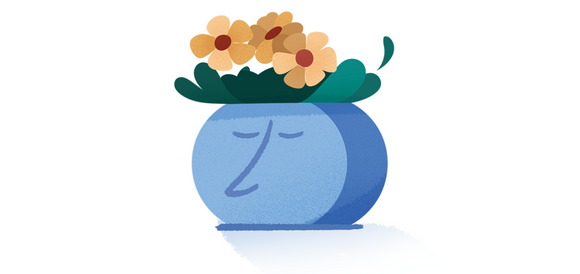

What Are Common Anxiety Symptoms?
People will experience anxiety differently from the next person. However, some common anxiety symptoms include:
- Sweating
- Shaking
- Feeling tired or weak
- Breathing rapidly
- Heart beating fast
- Trouble concentrating
- Chronic fatigue
- Poor immune system function
- Trouble sleeping
- Sense of impending danger or doom
- Frequent stomach sickness
- Inability to control worry
- Urge to avoid situations that cause anxiety
How to Treat Anxiety
Before taking anti-anxiety medications, it's best to see your local healthcare provider. They can check for signs of a medical condition that might be the cause or refer you to a mental health nurse for an evaluation if needed.
Once you've pinpointed the trigger for your anxiety disorder, you can put together a treatment plan with your doctor. This may include one or a combination of treatment methods such as psychotherapy, medication, and home remedies for anxiety:
Psychotherapy
This is also known as psychological counseling or talk therapy and involves regular meetings with a therapist to work towards a solution for your anxiety. Cognitive behavioral therapy (CBT) is an effective type of psychotherapy.
It's effective at treating anxiety disorders and works by teaching you the skills to reduce your symptoms. Exposure therapy is used to gradually build your confidence and reduce your anxiety triggers, allowing you to face situations again.
Prescription Medications
There are multiple types of medications used to treat anxiety. Depending on which anxiety disorder you have and whether you have a physical or mental issue, you may be prescribed:
- Anti-depressants
- Anti-anxiety medication such as buspirone
- In certain situations, your doctor may prescribe medications such as beta-blockers or sedatives (benzodiazepines). These are intended for short-term anxiety relief
Home and Lifestyle Remedies
While most anxiety disorders need medication or therapy to get them under control, evidence suggests that lifestyle changes can be effective:
- Get active. Exercise is well known to lower stress levels. Aim to be active on most days of the week. This will help improve your mood and make you feel good about yourself. If you're new to exercise, start slowly and gradually increase how much you do.
- Avoid drugs and alcohol. These substances may make you feel good initially, but once they wear off you'll start to feel even more anxious than before. If you find it hard to quit, seek out a local support group.
- Quit smoking and caffeine. Caffeine and cigarettes can heighten symptoms of anxiety. Try to cut them out altogether or start by reducing your intake.
- Use relaxation techniques. There are many relaxation techniques that help you manage stress and reduce anxiety. Try out a few with help from the BetterSleep app including meditation, yoga, breathing exercises, and visualization techniques.
- Improve sleep hygiene. Anxiety and poor sleep often go hand in hand. Make sure you get a good night's rest by having a set bedtime, relaxing before bed, and reducing your electronic device time.
- Eat a healthy diet. Studies suggest a link between healthy eating and reduced anxiety levels. Fill your diet with fresh vegetables, fruits, lean meats, and whole grains and you should feel an improvement.
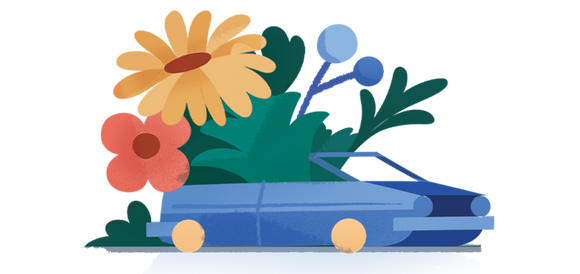

What Are Natural Remedies for Anxiety?
Natural remedies for anxiety symptoms don't include medicine that you get from your doctor. They include things like methods of relaxation, aromatherapy, and herbal remedies.
However, some people use herbal supplements alongside conventional methods of anxiety treatment. Natural remedy examples for anxiety include:
Aromatherapy
Aromatherapy has been used for thousands of years to improve health and wellness. Certain scents can help you to relax, boost your mood and reduce anxiety.
Essential oils can be used in a diffuser, in the bath, or mixed with a carrier oil and dripped onto your body. Try these aromatherapy oils to reduce anxiety:
- Lavender
- Bergamot
- Clary sage
- Grapefruit
- Ylang ylang
Meditation
Meditation helps you become aware of the present moment and to notice thoughts without judgment. This can help to promote a feeling of calm, which helps to reduce anxiety and strengthen your ability to deal with everyday problems.
Research has even shown meditation to be as effective as some forms of anti-depressant.
Try out these different meditation techniques:
- Mindfulness meditation
- Mantra meditation
- Visualization meditation
- Progressive muscle relaxation
- Loving-kindness meditation
- Breath awareness meditation
- Transcendental meditation
Deep Breathing Exercises
Rapid breathing is a common anxiety symptom. This can make your heart rate elevate, cause dizziness, and even lead to panic attacks. Deep breathing exercises teach you to take control of your breath, slowing it down and helping to reduce the symptoms of anxiety.
Drink Chamomile Tea
A study in 2014 showed how drinking chamomile tea had a positive effect on those with generalized anxiety disorder. Drink a cup of chamomile while relaxing in the evening to calm your nerves and promote sleep.
Herbal Remedies
Herbal supplements and herbs for anxiety may help you relax, calm down, and reduce anxiety symptoms. Herbal remedies can be taken in pill form or as tea. A few of the best anxiety herbs worth trying out include;
- Kava
- Lavender
- Chamomile
- Passionflower
- Lemon balm
Weighted Blankets
Weighted blankets have been found in studies to improve sleep in those with depression, generalized anxiety disorder, ADHD, and bipolar disorder. Using one may help to alleviate anxiety symptoms, by putting pressure on your body, which feels like a protective hug.
Keep a Journal
Writing down your feelings and thoughts can be useful in reducing stress, combating anxiety, and supporting your mental health. Racing thoughts often become overwhelming and getting them down on paper can be a release.
Aim to stick to a regular daily journaling habit. Write anything that comes to mind so you don't restrict yourself.
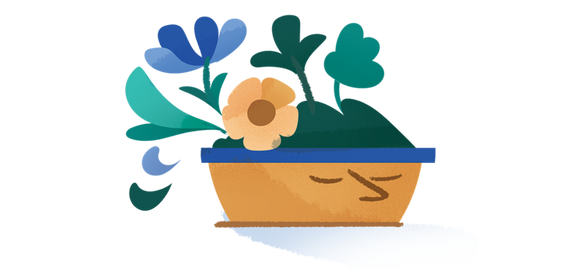

Do Herbal Remedies for Anxiety Help?
Multiple herbal remedies have been studied as an anxiety treatment, but more research is needed to understand the benefits and risks. Herbal remedies are not monitored by the FDA like prescription medications are.
While quality control regulations have got better over the years, it's important to check with your doctor before taking a new herbal medicine. Some anxiety herbs may have an adverse effect if you take other medications.
Here are some of the best herbs for anxiety worth checking out:
Lavender
Beautiful and fragrant, lavender is an effective herb to alleviate anxiety. It can be used in multiple ways such as:
- In aromatherapy oil
- As a herbal tea
- Adding lavender oil to a hot bath
- Mixing it with a base oil to use for massages
- A few drops on your pillow before bed
Lavender essential oil contains terpenes which are known to have a calming effect on the brain. It's effective at treating anxiety disorders in the short term, but details on its long-term usage are lacking.
Ashwagandha
Ashwagandha is thought to be one of the best herbs for anxiety. It works by lowering cortisol levels and minimizing adrenal-associated stress.
It can be taken in powder form by adding it to smoothies, salads, or cereals. It can also be taken in capsule or tincture form and is particularly effective when taken before bed when racing thoughts are keeping you awake.
Valerian Root
Valerian is a plant native to Asia and Europe. It's been used for centuries to treat anxiety, depression, and sleep problems.
Valerian root can be taken in multiple ways, such as:
- Tablet
- Tincture
- Tea form
While research has concluded valerian root to be safe, there's not enough evidence to say whether it successfully alleviates depression or anxiety. Studies were inconclusive, with some participants saying they were less stressed and others saying they felt the same.
If you do decide to try it, be aware that it can have some side effects and should only be taken for short periods.
Lemon Balm
Lemon balm is also known as "the gladdening herb" and has been used in Western Europe for hundreds of years to promote sleep, reduce anxiety, and ease discomfort from indigestion.
Early research has shown that lemon balm reduces anxiety and nervousness in some people. Although few studies have looked at lemon balm on its own, it's known to work well when combined with other relaxing herbs such as chamomile and valerian.
Lemon balm can be taken in a variety of ways such as:
- Tea. Steep dried lemon balm in hot water and drink it up to four times daily.
- Tincture. Drop 15 - 30 drops into a smoothie, juice or cool water.
- Capsules. Mix 300 to 500 mg of dried lemon balm into capsules and take each day.
- Topical. Add it to a lotion and rub it into the skin to enjoy the mild sedative effects.
Most people tolerate it well, but be aware that it can cause nausea and abdominal cramps.
Passionflower
There are around 500 known species of passionflower. It was traditionally used in Native America to treat boils, ear aches, liver problems and wounds.
Passionflower has been found in some research to be effective at treating anxiety, restlessness, and nervousness. One positive study found passionflower to have the same anti-anxiety effects as the drug benzodiazepine.
Passionflower is one of the best herbs for anxiety and can be used in herbal tea, a liquid extract, a tablet and a capsule.
Kava Kava
Kava Kava (Piper Methysticum) is a shrub native to the Pacific Ocean islands. People from these islands use kava as a stress-relieving ceremonial beverage.
It can be taken in liquid or capsule form. You should use it by dissolving a drop or two into water or your favourite smoothie.
In a 2013 6-week study with 75 participants, some people were given a placebo, some a 120mg kava dose and the third group a 240mg kava dose.
The kava groups experienced a significant reduction in anxiety, compared with the placebo group.
While it's widely considered safe, one study did conclude that regular kava usage can lead to liver damage, although the World Health Organization stated that scientists need to reevaluate this idea.
Turmeric
Turmeric has been found in several studies to be beneficial in treating anxiety and depression. This spice has been used for centuries in India and China to treat stress, infections, and skin diseases.
Turmeric also contains phytochemicals which are able to reverse inflammation. One of the active chemicals in turmeric is curcumin, which also has powerful anti-inflammatory properties and has been found to be helpful in reducing anxiety.
To get your dose of turmeric, it can be eaten and drunk in many ways. Some ideas include:
- Make tea
- Sprinkle it in soups
- Toss it with roasted vegetables
- Stir it into rice
- Add it to tofu or egg scrambles
- Blend it with a smoothie
- Stir it in with greens
Chasteberry
If you experience anxiety leading up to your period, or as a part of your PMS symptoms, chasteberry could be one of the best herbs for anxiety worth trying.
Also known as Vitex or "Chaste tree," this herb has been shown in clinical trials to alleviate anxiety and reduce depression symptoms experienced by women during PMS. This herb can be taken in a variety of ways including:
- As a tea soaked in hot water
- Ground into a powder and placed into a capsule
- Ground down and sprinkled over food
- Made into a tincture by soaking it in alcohol
- Made into an extract by soaking it in water, vinegar, or glycerine
Reishi Mushroom
The reishi mushroom belongs to a class of herbs called adaptogens, which are extremely helpful in helping us to "adapt" to the stresses of everyday life.
They help to regulate the body's stress response and are anti-inflammatory and anti-microbial, helping to support the immune response as well as promoting kidney, heart, and liver health.
The reishi mushroom is one of the best herbs to alleviate anxiety and is particularly helpful in promoting a calming feeling before bed if you suffer from sleep anxiety.
Reishi is not the type of mushroom you can just eat. It needs to be ground down and added to a capsule or tincture. Reishi powder can also be made into delicious hot cocoa for a relaxing and warming nighttime drink.
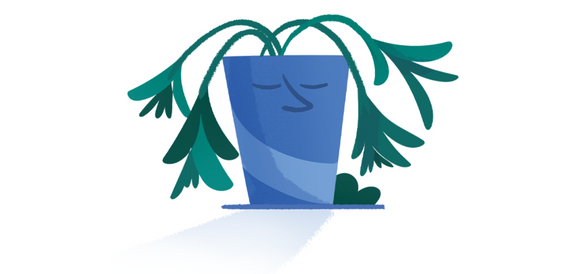

Other Supplements That May Alleviate Anxiety
Some vitamins and supplements help with everyday anxiety. If you're looking to reduce stress and promote relaxation, take a look at the supplements detailed below that show promise and have good reviews in research trials.
Vitamin D
Low levels of vitamin D have been linked with depression and supplementing with vitamin D may help alleviate symptoms. In a 2017 study, supplementing with vitamin D helped to improve anxiety and depression symptoms in women with type 2 diabetes.
Our bodies make vitamin D naturally when exposed to sunlight. But if you live in an area with minimal sunny days, top up your vitamin D stores by taking a supplement and eating vitamin D rich foods such as mackerel and salmon.
Vitamin B Complex
The family of B vitamins works together to help keep the body running well and it can have a positive effect on stress levels. One study found that people who ate foods with a high amount of B vitamins had better stress and anxiety scores than those who didn't.
Many B vitamins are only present in animal-based products. So, if you follow a vegetarian diet, it's best to top up with a supplement.
Magnesium
Some research has shown that magnesium supplements might improve anxiety levels in those susceptible to the condition. Another 2016 study showed that taking magnesium supplementation improved anxiety levels in women with PMS.
If you'd prefer not to take a supplement, try eating these magnesium-rich foods:
- Quinoa
- Spinach
- Black beans
- Whole wheat
- Dark chocolate
- Cashews and almonds
L-Theanine
This amino acid is prevalent in black and green tea. In one study, it was found to lower cortisol levels and stress levels in participants after taking part in a challenging task.
Supplements usually come in 200mg doses. Talk with your doctor before taking l-theanine supplements as they can interact with some other medications.
Omega-3 Fatty Acids
A 2018 study found that those not regularly consuming omega-3 fats were more at risk of low mood, depression and anxiety.
To eat more omega-3, consume foods such as oily fish, chia seeds, flax seeds, walnuts, edamame, and kidney beans. If you have a restricted diet, consider taking a supplement.
Multivitamin Supplements
Multiple studies have shown that taking a multivitamin supplement may decrease anxiety in young adults and improve the mood of those with anxiety.
It's thought this is because young adults (between 18-24 years of age) often have bad eating habits and could be missing many vitamins and minerals.
How to Use Bitters to Alleviate Anxiety
Bitters are commonly used in cocktails, but they've also been used effectively since the 1700s to treat digestion irregularities. They're made up of a neutral spirit, a bittering agent, and aromatics.
These ingredients are calming and delicious and are a natural way to destress, boost the immune system, and curb sugar cravings.
Aromatics that work well in bitters include:
- Mint
- Vanilla
- Tumeric
- Ginger
- Cinnamon
They're consumed in a few different ways including diluting in a liquid such as sparkling water or by squeezing drops onto the tongue via a tincture.
Bitters can be mixed with anxiety-reducing herbs to help you relax. Take a look at this bitters recipe to make easily at home:
- Dried lavender 1oz
- Valerian root 1tsp
- Passionflower 2tsp
- Dried ornage peel 1tsp
- Dried ginger 1/2 tsp
- 6oz Vodka (or Seedlip Spice for non-alcoholic)
Instructions
- Mix all the dried ingredients in a jar and pour your chosen liquid on top
- Seal the jar and store it in a dark, cool place
- Allow the bitters to infuse thoroughly (about 2-4 weeks)
- Shake the jar at least once a day
- When ready to drink, strain the mixture through a coffee filter
Although herbs and bitters are known to help alleviate anxiety and stress, it's important to consult with a doctor if your symptoms are chronic and long-term. You may be referred to a specialist for further investigation.
If you're prescribed anti-anxiety medication, you might be able to incorporate some of the natural remedies described above. For more ways to relax, check out the BetterSleep app for hundreds of guided meditations, soothing tunes, and bedtime stories.

